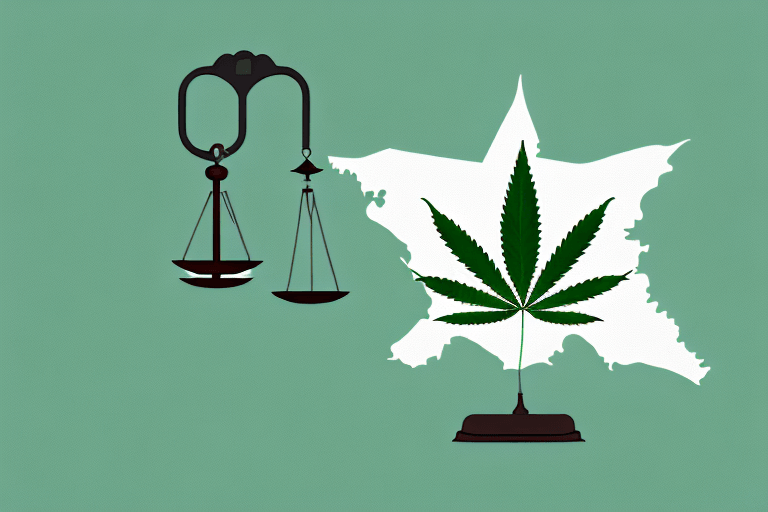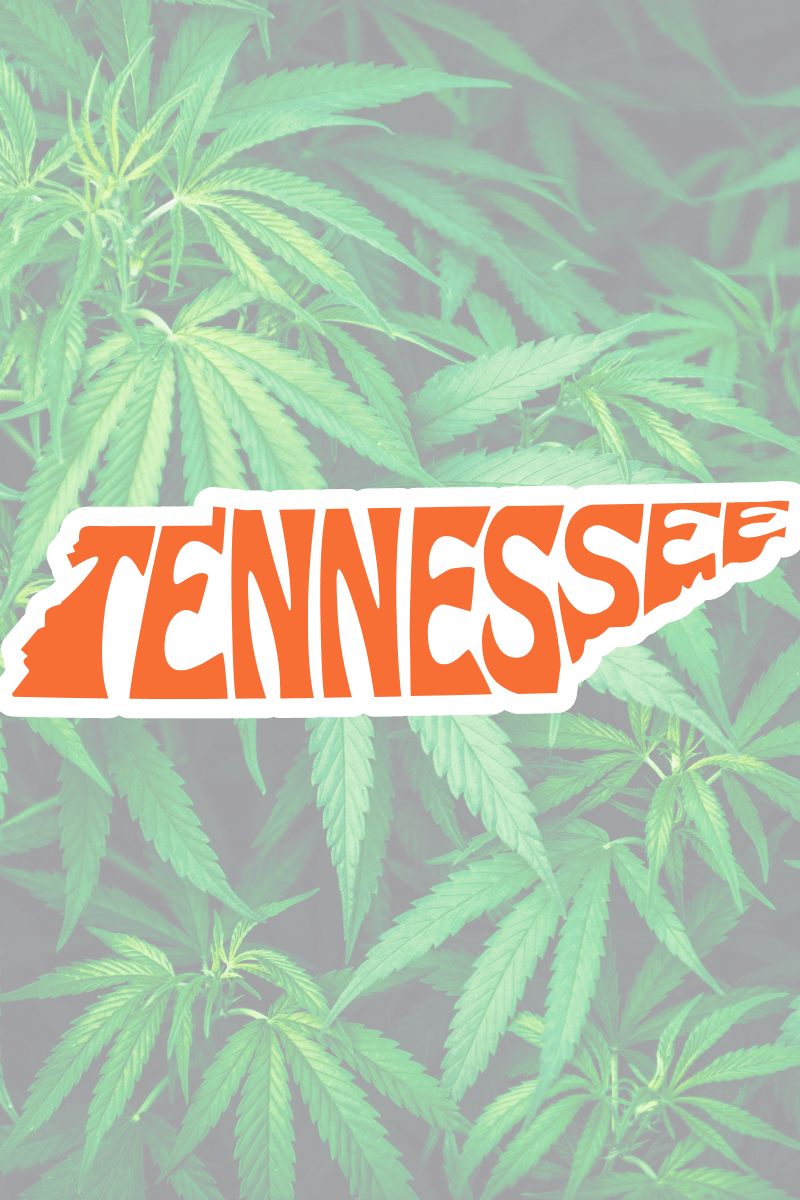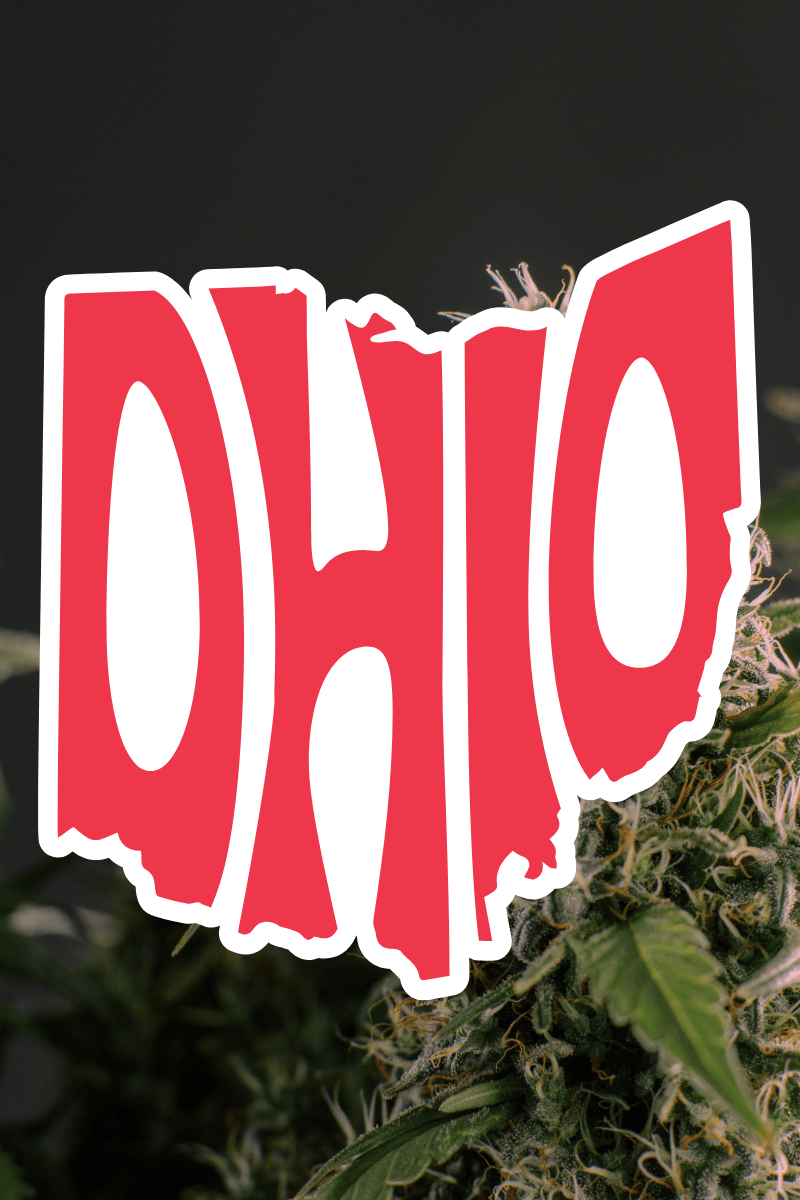Delta 8 has become a hot topic of discussion in recent years, especially in states where cannabis laws are still evolving
In this article, we'll get into the legality of Delta 8 - Specifically, in North Carolina.
Table of Contents
The Legal Status of Delta 8 in the United States
Delta 8, a cannabinoid derived from hemp, has become a topic of interest and debate in recent years. Its legal status in the United States is a complex and evolving issue, with federal and state laws playing a significant role in determining its legality.
Federal Laws on Delta 8
At the federal level, the legal status of Delta 8 remains somewhat ambiguous. The 2018 Farm Bill legalized the production and sale of hemp and hemp-derived products with a Delta 9 THC concentration of 0.3% or less. However, the bill does not explicitly mention Delta 8, leading to differing interpretations.
Note: Most would argue that Delta 8 is federally legal if it is hemp-derived with a D9 concentration of .3% of less.
The argument is that since Delta 8 is derived from hemp, it falls under the umbrella of the Farm Bill's provisions. They believe that as long as Delta 8 products contain less than 0.3% Delta 9 THC, they are legal at the federal level.
State-by-State Regulations
While federal laws provide a framework, each state has its own regulations regarding Delta 8. Some states have explicitly banned or restricted Delta 8, while others have embraced its sale and consumption.
Understanding the specific laws of North Carolina is crucial to determining the legality of Delta 8 within the state.
In states where Delta 8 is legal, it is often subject to certain restrictions. For example, some states require age restrictions for purchasing Delta 8 products, similar to those for alcohol or tobacco. Others have implemented testing and labeling requirements to ensure product safety and transparency.
States that have chosen to ban Delta 8 often cite concerns about its psychoactive effects and potential health risks. They argue that Delta 8 can have similar intoxicating effects as Delta 9 THC, leading to safety concerns, especially when it comes to driving or operating heavy machinery.
On the other hand, states that have embraced Delta 8 see it as an opportunity to stimulate their local economies and provide consumers with alternative options.
They argue that Delta 8 offers potential health benefits and can be a safer alternative to Delta 9 THC for those seeking relaxation or relief from certain conditions.
Delta 8 under North Carolina Law
In North Carolina, the legal status of Delta 8 is clear. It is legal as it is protected under the 2018 Farm Bill.
Legal Implications
When it comes to Delta 8, the legal landscape in North Carolina is complex and ever-evolving. The state's laws regarding hemp and its derivatives, including Delta 8, are subject to interpretation and ongoing discussions. Currently, there is no explicit mention of Delta 8 in the state's legislation, leaving room for uncertainty.
One of the primary concerns surrounding Delta 8 is its classification under the legal definition of hemp. If Delta 8 falls outside this definition, its possession or distribution may be subject to criminal charges. This ambiguity has led to confusion among consumers and businesses alike, as they navigate the potential legal risks associated with Delta 8 products.
It is essential for individuals interested in using Delta 8 to stay informed about the latest developments in North Carolina's laws and regulations. Consulting with legal professionals who specialize in cannabis law can provide valuable guidance and help individuals make informed decisions about Delta 8 use.
Future Predictions for Delta 8 in North Carolina
Potential Changes in Legislation
Given the evolving landscape of marijuana laws across the United States, it is possible that North Carolina's stance on Delta 8 will change in the future. State legislators may reassess the legal status of Delta 8 and enact regulations that provide clarity for consumers, manufacturers, and retailers.
Impact on the Cannabis Industry in North Carolina
The legality of Delta 8 in North Carolina will undoubtedly have ramifications for the cannabis industry within the state. Establishing clear regulations for Delta 8 could open up opportunities for new businesses and create a framework where consumers can safely access Delta 8 products.
In conclusion, the legality of Delta 8 in North Carolina is clear: It is legal - for now
While some argue that it falls within the legal boundaries of hemp, others question its status due to its psychoactive properties.
Discover High-Quality Delta 8 Products at GreenPost
Now that you're informed about the legal landscape of Delta 8 in North Carolina, you may be interested in exploring quality Delta 8 products. Look no further than GreenPost. We pride ourselves on offering top-notch Delta 8 gummies, oils, flower and more, all sourced from high-quality hemp. Our products undergo stringent testing to ensure purity and potency.





Leave a comment
This site is protected by hCaptcha and the hCaptcha Privacy Policy and Terms of Service apply.